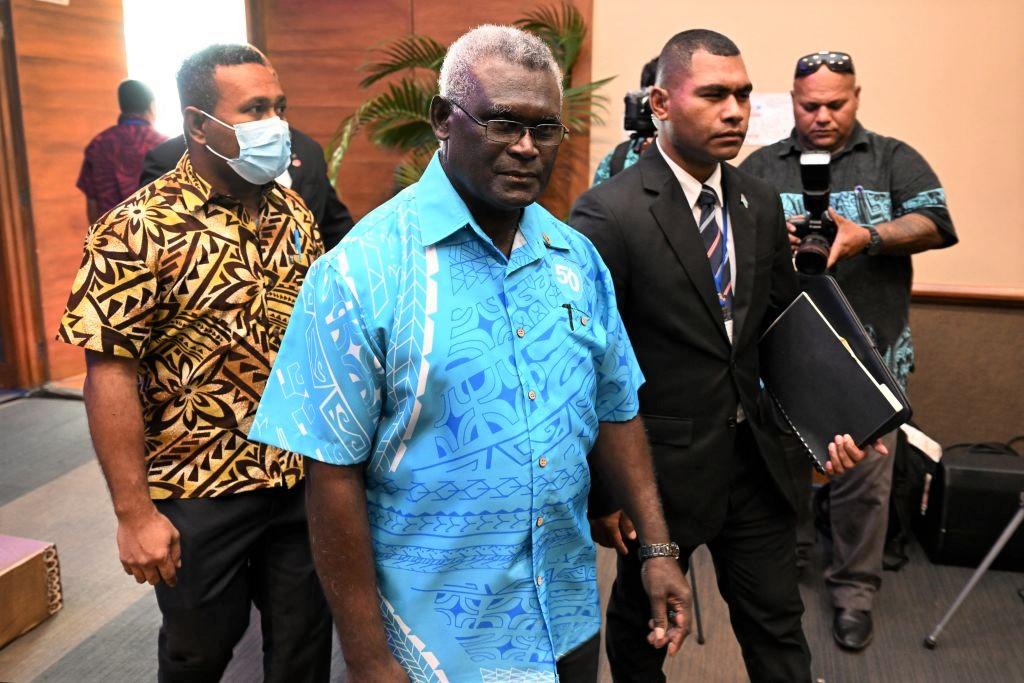Solomon Islands Prime Minister Manasseh Sogavare has moved to delay elections citing the build-up to the Pacific Games in November 2023 as a reason.
The move comes after South Pacific expert Cleo Paskal warned in March that Sogavare—who has cultivated deep ties with Beijing—could be emboldened to tighten control over the Pacific nation, a key goal of the Chinese Communist Party’s “entropic warfare.”





